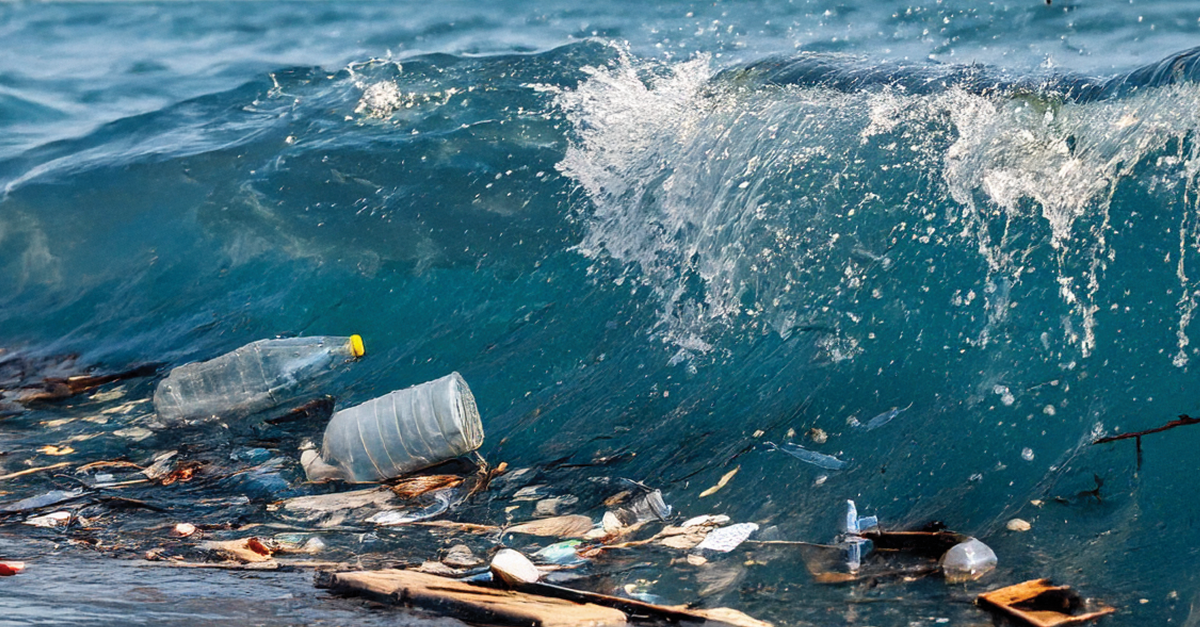Interwaste is proud to announce that our parent company, Séché Environnement, received validation from the Science Based Targets Initiative (SBTi) for the Group’s decarbonisation strategy and plans. We are delighted that our commitments to reducing our carbon footprint and combating climate change have been officially recognized and approved by this global body.
Decarbonization: What it is and Why it Matters
Decarbonization refers to the process of reducing the amount of carbon dioxide and other greenhouse gases in the atmosphere, typically through reducing the use of fossil fuels and increasing the use of clean, renewable energy sources. The ultimate goal of decarbonization is to combat climate change and transition to a low-carbon, sustainable economy.
Interwaste is included in the decarbonisation strategy, and as such we are committed to reducing our carbon emissions by 25% by 2030. This ambitious target has been endorsed by the independent Science Based Target initiative (SBTi), which recognizes that our decarbonization objective is based on scientific criteria and in line with the Paris Agreement.
How the Séché Group is Achieving its Decarbonization Goals
To achieve our decarbonization goals, we rely on an action plan that is deployed around three complementary levers:
- Energy consumption reduction: Our goal is to reduce the amount of energy consumed per site by at least 10% between 2020 and 2025. This includes reducing energy consumption in our industrial and tertiary buildings through heating, lighting, and office automation. Additionally, we aim to optimize the use of production machines and transport vehicles in our industrial processes.
- Energy substitution: We favour low-carbon energy consumption, such as biogas, heat, and electricity produced on our sites from waste. We will also work towards replacing the fossil fuels we consume with lower-carbon energies (fossil or non-fossil).
- The fight against fugitive emissions: We will be implementing a policy to combat diffuse emissions of biogas that come from the natural fermentation of organic waste in our non-hazardous waste storage facilities. We aim to detect and reduce biogas emissions by continuously carrying out corrective actions and adapting our operations.
The Science Based Targets Initiative (SBTi)
The Science Based Targets initiative (SBTi) is a collaboration between the Carbon Disclosure Project (CDP), the United Nations Global Compact, the World Resources Institute (WRI), and the World Wildlife Fund (WWF). The SBTi independently assesses and validates companies' CO₂ emission targets based on a scientific approach and criteria, enabling companies to set ambitious emission reduction targets that are consistent with the latest available climate science.
We are proud to be part of the fight against climate change and to have our decarbonization goals officially recognized and approved by the Science Based Targets initiative. By reducing our energy consumption, favouring low-carbon energy consumption, and combating fugitive emissions, we are committed to making a positive impact on the environment and creating a sustainable future for generations to come.
To learn more about the SBTi click here: https://sciencebasedtargets.org/how-it-works
To read the press release click here: Science Based Targets initiative validates Séché Environnement's decarbonization objective - Séché Environnement (groupe-seche.com)




SUBMIT YOUR COMMENT